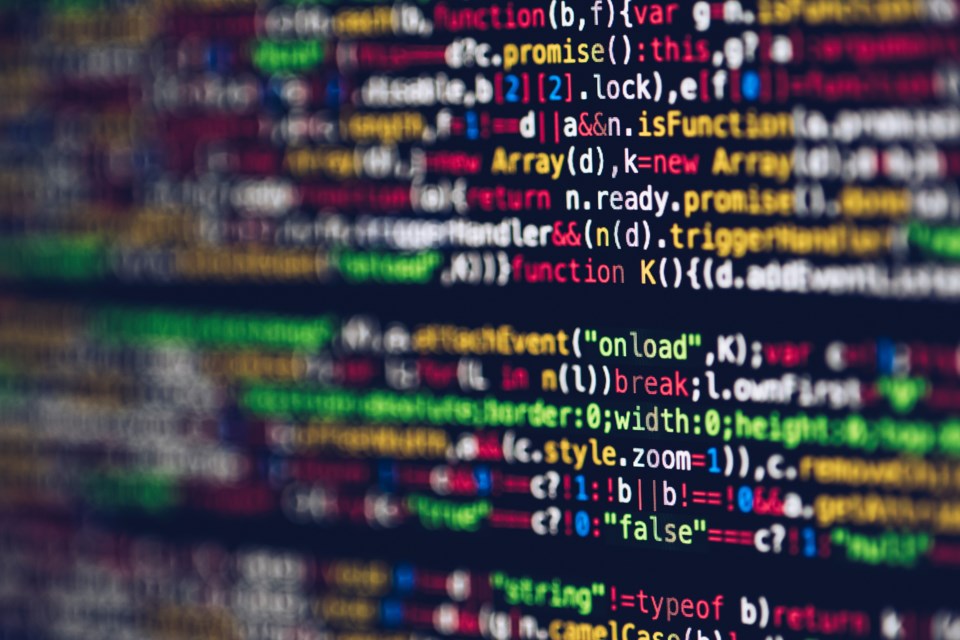It’s been quite a stressful couple of weeks for me lately.
A failed hard drive has had me scrambling and trying to save the last 20 years of my work and all my travel and life experiences.
I thought I was smart, as I had set up a RAID1 system, which means that I had an external storage drive that automatically backed everything to another attached storage drive. In essence, my backup had a backup.
Not so, it seems.
I was transferring the last year of my work to the setup when disaster struck. The entire unit failed and all my data was lost from both the built-in hard drives.
It is inexplicable, really. So much so that it also had the computer tech, who I had hired to investigate, scratching his head as well.
Thankfully, I did not erase or dispose of my old, retired laptops and desktop computers that house all my original files. The permanent loss of information was limited to just a few months worth of work.
It was not intentional that I kept my old machines, though. I just never had the time to get rid of them. I think I’ll hang on to them a little longer now.
In light of this near-disaster, I have purchased a higher-quality external hard drive with the capability of mirroring all the data to a second drive — yet again — and I have begun the process all over again.
This stressful exercise has made me realize that data is a fragile and fleeting thing.
Nearly half of my life and that of my family is in a digital format, as I’m sure yours is as well.
Prior to the year 2000, everything I have is on paper, and the photographs are the traditional physical photo paper prints, which are neatly and safely stored away in photo albums and shoe boxes. This has been done by all for the past century and beyond.
Of course, they have been scanned into a digital format for the future, but the originals remain for safekeeping.
Everything that I know about my relatives has been gleaned from these paper documents, news clippings and family photos.
So what happens to our family histories in the next 100 years?
Smartphone photos and mountains of digitized data on cheap, failure-prone storage drives is a recipe for disaster in the very near future, I believe.
How will future generations know about family histories when a lot of this digital information will be forever lost, having evaporated into the ether?
Not everything is posted to Facebook and other social media platforms. As for the information that is, who owns it in the future when we are all gone and who will be the responsible caretaker of it all? There are so many unanswered questions that always roll around in my brain.
As a community, we view and learn about our history of the past from paper documents and photographs stored in archives, libraries, etc. But what about the history we are making now?
My stories and photographs are uploaded to the internet and posted to this BarrieToday website, but where will they be in 50 or 100 years from now? Will they even exist?
Everyday stories and events that happen in our city and which are captured by journalists are a priceless collection of our shared history.
We have always looked back on our city through the eyes and pens of the reporters of the now-defunct Barrie Examiner newspaper. The paper captured the history of the city from 1864 to 2017.
I took the final photographs for the Barrie Examiner on a Sunday afternoon in 2017. On the Monday morning, the paper no longer existed. Just like that. It was the end of an era, and the beginning of an uncertain one for me.
A lot of that physical history from those decades had been destroyed and thrown out over the years when I was there. Photo prints, negatives and the handwritten word, all gone.
Where is the remainder of that information now? And is it being stored responsibly by the current owners?
In my mind, there needs to be a physical copy of our stories and lives, like the yellowed newspapers of the past that are stored in places like the Simcoe County Archives along with the museum.
This would be a much-needed backup of our now digital world, because who can predict what disasters could befall digital data going forward?
In my case, all it took was a single glitch, with my hard drive corrupting itself, and half my life could have been erased from my family history.
The same could happen with our shared history, stored on drives who-knows-where, and together we need to come up with a plan to safely and redundantly preserve our story for future generations.
Kevin Lamb is a local freelance photojournalist whose works often appears on BarrieToday.



